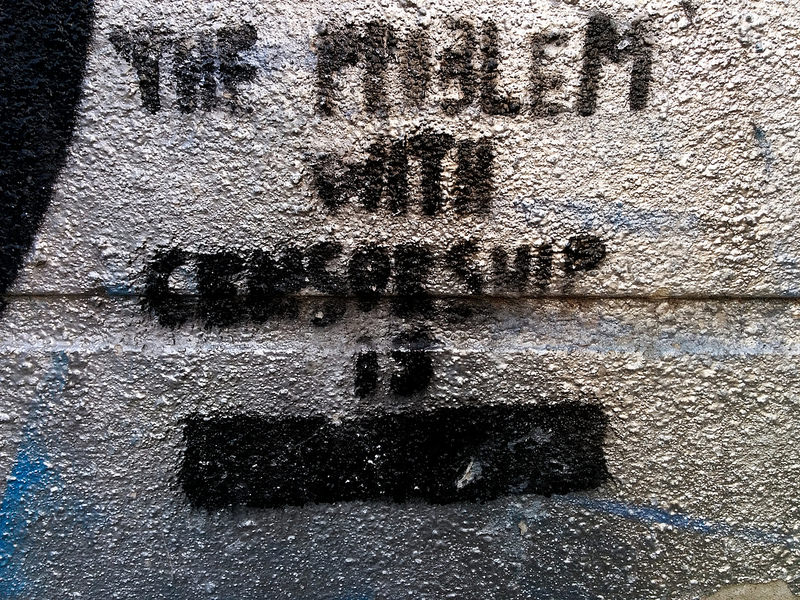Global Voices Advocacy’s Netizen Report offers an international snapshot of challenges, victories, and emerging trends in Internet rights around the world.
A new German law set to take effect in October will impose fines on social networks if they fail to remove “manifestly unlawful” hate speech within 24 hours of being posted.
Under the Netzwerkdurchsetzungsgesetz, called the NetzDG for short, companies have up to seven days to consider the removal of more ambiguous material.
Germany’s criminal code already defines hate speech, so the law does not create new measures or definitions. Instead, it forces companies to police hate speech or face astronomical fines. The law is unprecedented at the global level, and could have game-changing ripple effects worldwide.
The final draft of the law sets clear punishments for companies that fail to comply and places the burden of determining what messages, images or videos count as hate speech on companies themselves. It also compels companies to create stronger mechanisms for transparency around their processes for taking down content. But it does not prescribe a legal mechanism to appeal the removal of material.
In an interview with BBC, an unnamed Facebook spokesperson said that the law “would have the effect of transferring responsibility for complex legal decisions from public authorities to private companies.”
Even without the law in place, this responsibility already exists in many dimensions. Companies typically have full authority over users’ accounts and postings — when a user’s account is suspended or content is taken down, that person is often unable to access information about how the decision was made, or have direct contact with an actual company employee who can help to resolve disputes. The same is true for users who report abusive content or messages and receive no remedy.
On top of these concerns, there is consensus among the law’s critics that it will result in overcompliance — and thus, increased censorship — by companies eager to avoid fines.
UN Special Rapporteur on Freedom of Expression David Kaye said of the law:
With these 24 hour and seven day deadlines – if you are a company you are going to want avoid fines and bad public branding of your platform….If there is a complaint about a post you are just going to take it down. What is in it for you to leave it up? I think the result is likely to be greater censorship.
Rohingyas are being driven out of Myanmar — and off of Facebook
Rohingya activists say that their Facebook posts documenting what the UN now says is the ethnic cleansing of Rohingya people in Myanmar are routinely being removed or their accounts suspended. This is particularly significant given the proliferation of anti-Rohingya propaganda online, and the mounting barriers to accessing accurate information about the conflict. These factors make Facebook and other social media platforms a critical space for spreading information about the conflict.
UAE court rules against Indian Facebook user who ‘insulted’ the Prophet
A UAE court upheld the sentence of an Indian migrant worker who was sentenced to one year in prison for posting comments on Facebook that allegedly “disrespected” and “insulted” the Prophet Mohammed. The man claimed that hackers had posted these messages, but this appeal was rejected.
Iranian developers petition Apple to keep their apps online
Iranian app developers are mounting a petition against Apple Inc for blocking their apps from the App Store. In a Change.org petition, a group of developers ask Apple CEO Tim Cook to “stop removing Iranian applications from [the] App Store and lift policies that are limiting our access to the products and services offered via Apple’s platforms.”
Multiple developers have reported that when they submit an app for review, they receive a message indicating that the App store “cannot host, distribute, or do business with apps or developers connected to certain U.S. embargoed countries.”
Apple began shutting down Iranian apps in August, the same month US President Trump signed a new sanctions bill into law, but it remains unclear whether the administration meant to impose new restrictions on technology companies. European companies lifted all sanctions against Iran after the negotiation of the 2016 nuclear agreement.
New Research
- La proteccion de datos personales en bases de datos publicas en Paraguay – Privacy International









